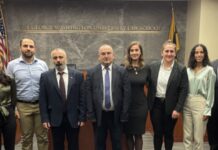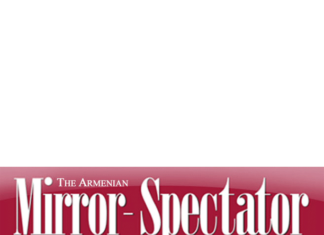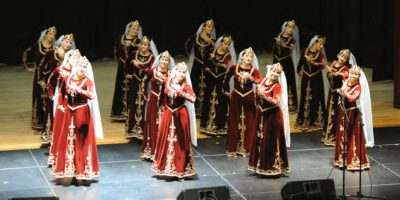By Edmond Y. Azadian
Last year marked the centennial of the Armenian Genocide. The ceremonial and political activities evolving from that occasion proved to be far reaching, so much so that people began wondering what could be done the following year to match or surpass the 2015 commemorations.
On the occasion of the 101st anniversary, Azerbaijan perpetrated a four-day war, upon Ankara’s instigation. Losses were heavy and the mood was somber in Armenia. Despite adversity, a dignified commemoration was held, at the same time broadening our horizon. The events, which accompanied the commemoration, this year in Armenia came to prove that as a nation, we are being emancipated from the parochial frame of mind which thus far has shaped our political thinking.
We have always assumed that our victimhood was known all over the world, therefore we are entitled to some justice. Unfortunately, political processes do not work that way. Unless we raise our pain to a universal level and share it with the world, we remain sidelined. Also, on that level, there is some tacit reciprocity; if we don’t care and share other people’s pain, why should they care about our issues?
The Jews, as well, are caught in the same dichotomy; some of them uphold the uniqueness of the Holocaust, demanding paramount retribution, but more illuminated leaders view the phenomenon of the Holocaust within the perspective of man’s inhumanity to man and they empathize with the other victims of mass extermination.
Whatever took place in Armenia this year can be qualified as the universalization of our collective pain. The reference is, of course, to Aurora Prize for Awakening Humanity, the brainchild of Ruben Vardanyan, Nubar Afeyan and Vartan Gregorian. George Clooney’s presentation of the prize was a colossal media event, in addition to its great humanitarian aspect.









